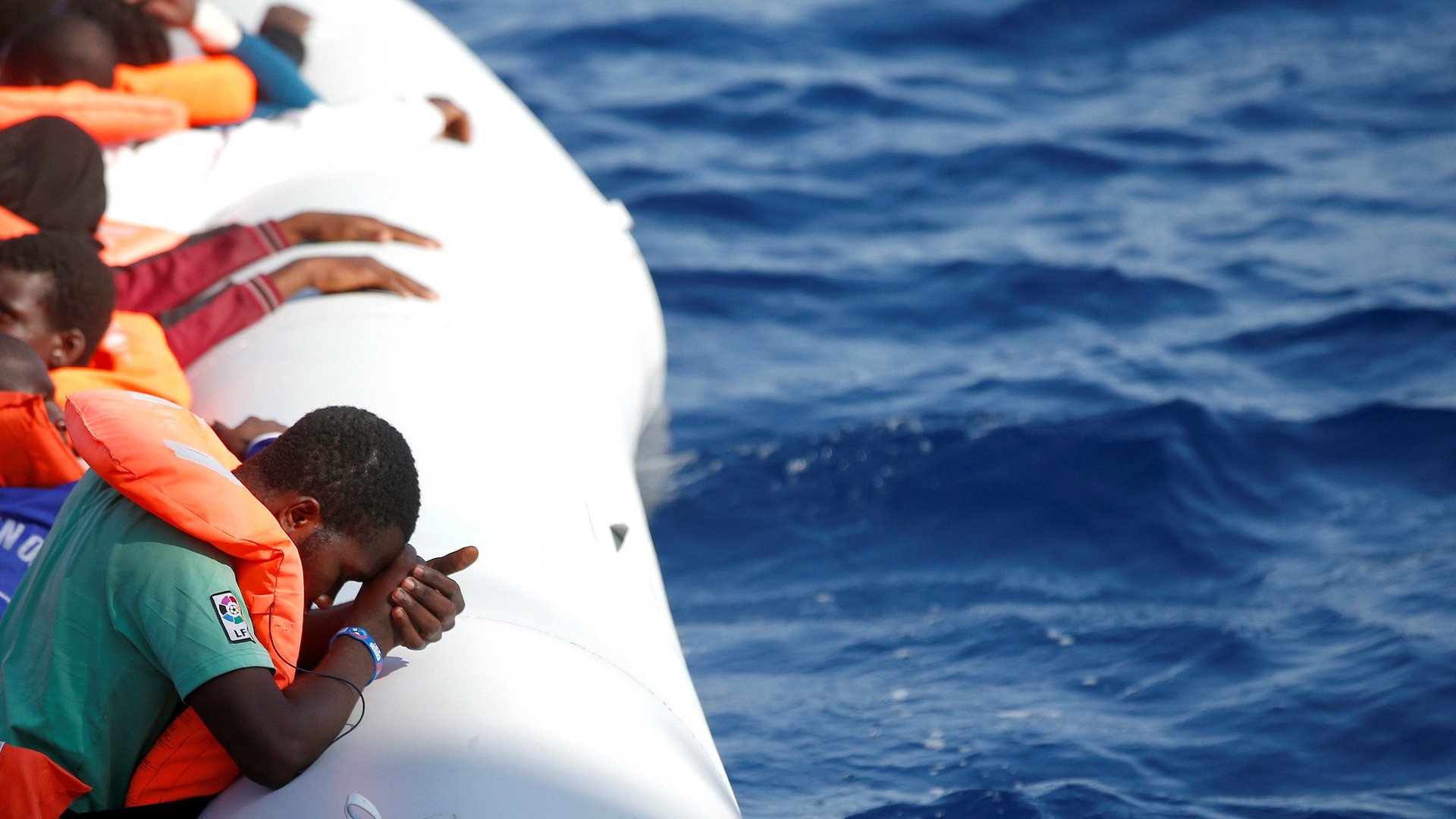One of Gambia’s brightest young soccer stars has drowned trying to reach Europe
For a country of only 1.8 million people, The Gambia has a serious migration problem, and the death of the country’s women’s national team goalkeeper is bringing it back into the spotlight. Fatim Jawara, 19, was on board a boat that sunk in the Mediterranean last month en route to Italy. News of her death was confirmed by Gambia’s Football Federation.


For a country of only 1.8 million people, The Gambia has a serious migration problem, and the death of the country’s women’s national team goalkeeper is bringing it back into the spotlight. Fatim Jawara, 19, was on board a boat that sunk in the Mediterranean last month en route to Italy. News of her death was confirmed by Gambia’s Football Federation.
Jawara’s death comes only a year after she made her debut with the senior national team, as a promising teenager. Four years ago, she was part of Gambia’s team to the U-17 women’s World Cup in Azerbaijan. Lamin Kaba Bajo, president of GFF, describes Jawara as “a talent” saying the federation is “very sad” about her death.
Chorro Mbega, coach of the Red Scorpions, the local club Jawara played for, told the BBC that players at the club were not paid salaries. Like most other migrants, Jawara was likely enticed by the prospect of a better life in Europe. Women football players in England, for example can earn up to £35,000 per year—a far cry from playing for free on an empty stomach in Banjul. It’s understandable why young Gambian soccer players might feel they might beat the difficult odds, cross into Europe and snag a big-time soccer contract. And some have. Ousman Manneh arrived in Germany as an unaccompanied 17 year old refugee from Gambia in 2014 and has gone on become a soccer star playing in Germany’s top soccer division.
The UN’s refugee agency says 2016 has been the deadliest year on record for migrants crossing the Mediterranean, with at least 3,800 confirmed dead at the end of last month. Despite efforts to tackle the problem, the Mediterranean migrant crisis is not abating: Since 2014, every year has proven to be deadlier than the last.